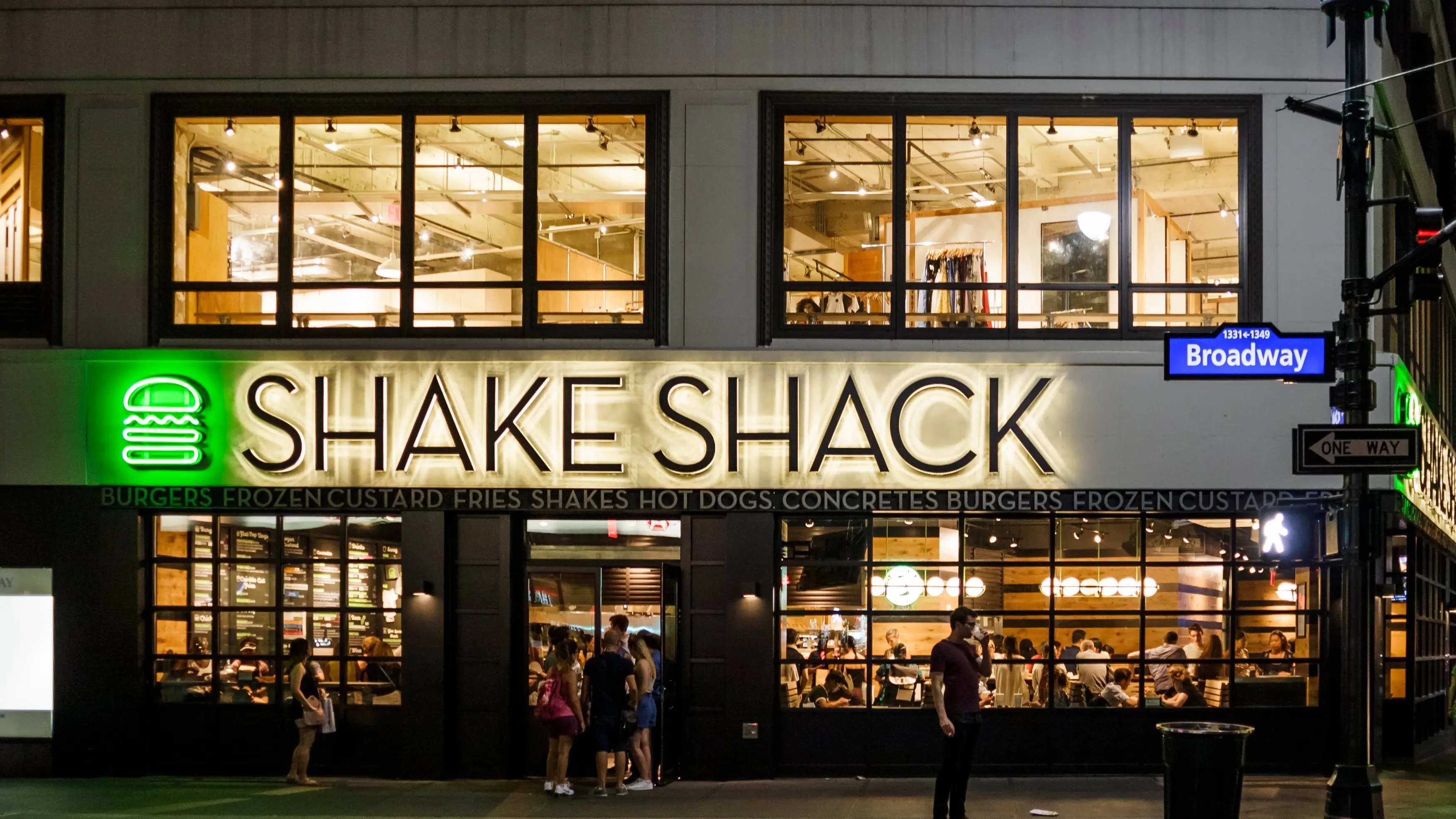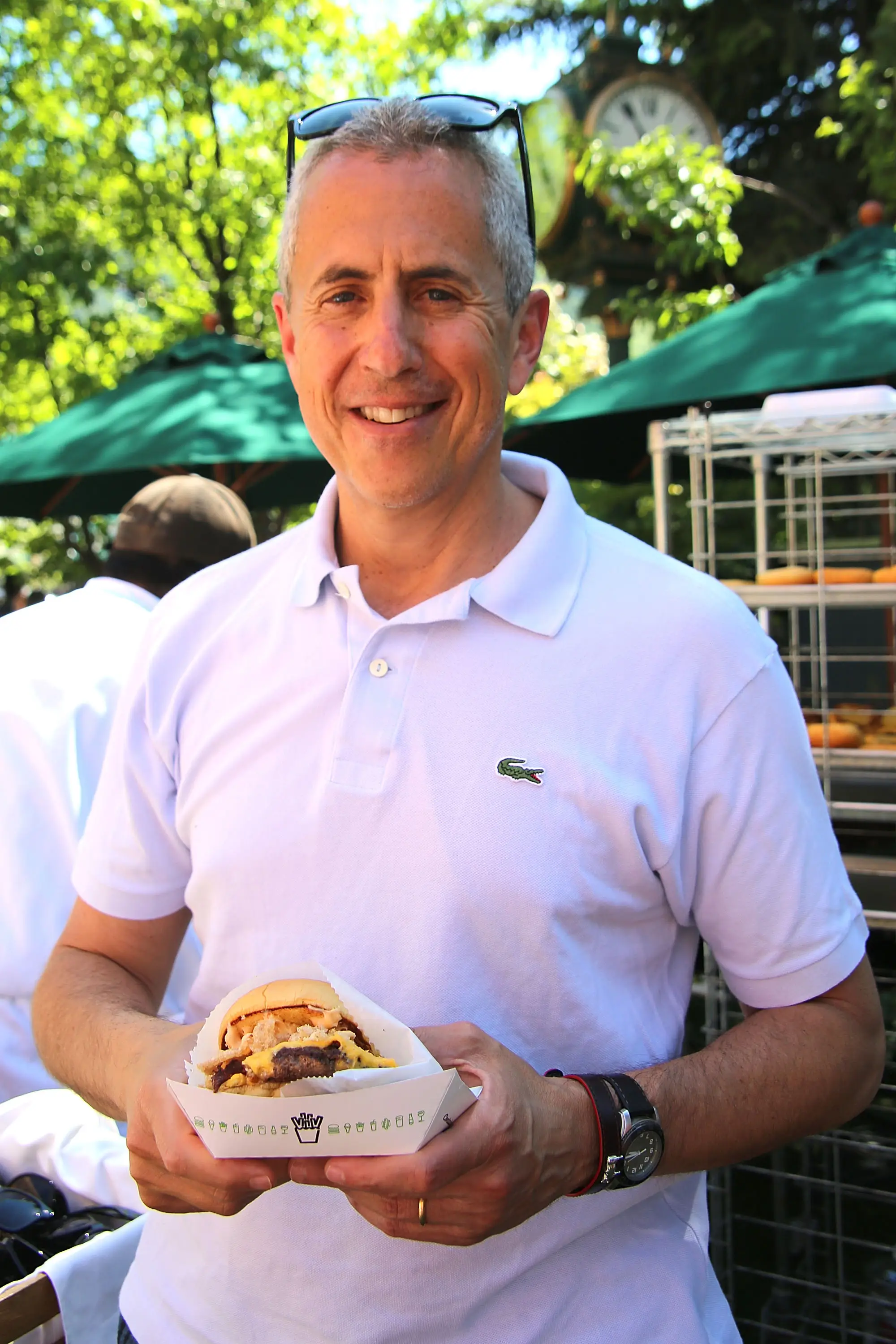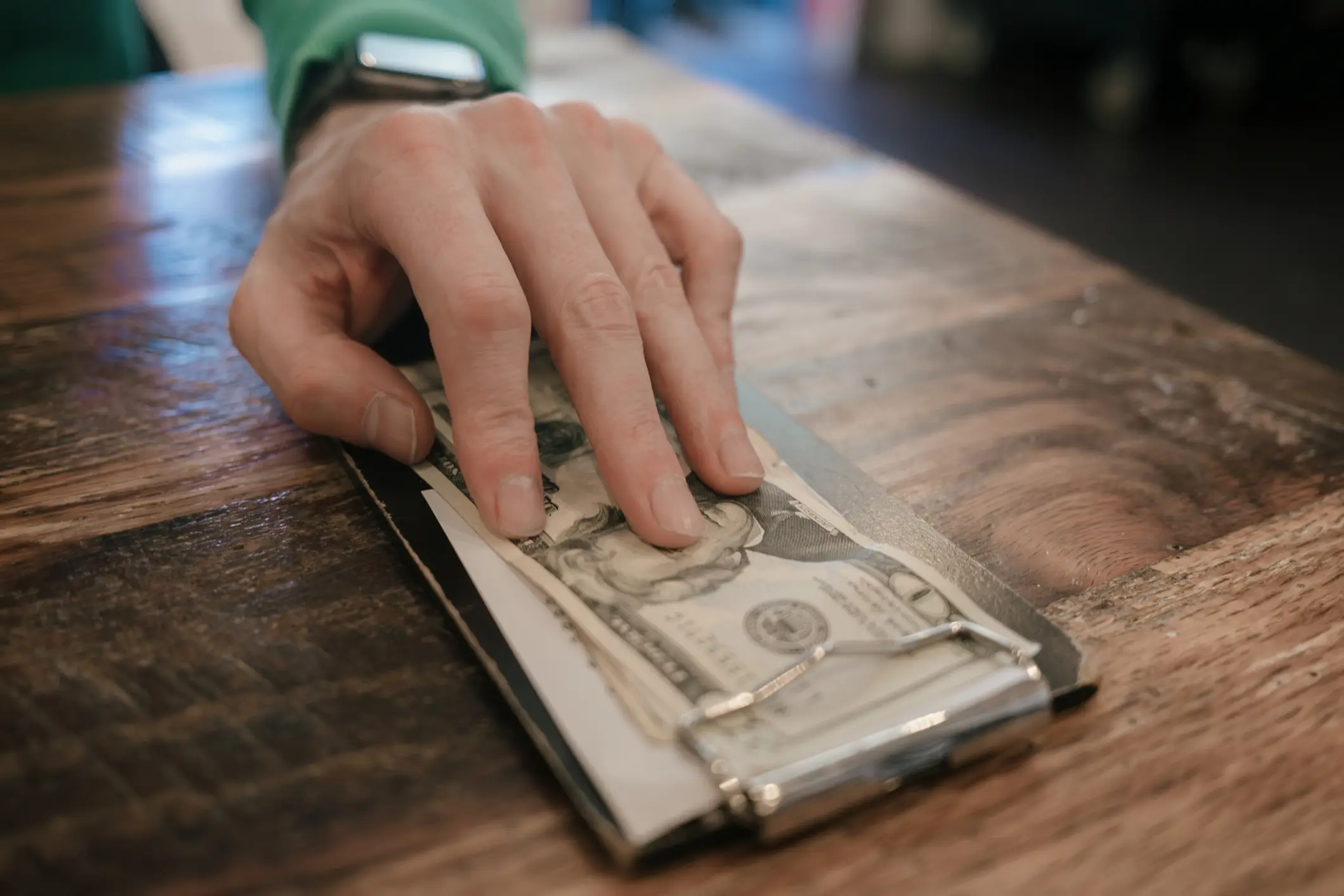
Tipping culture in the US is always a lively subject. Generally speaking, bars and restaurants pay serving staff very small base wages, with tips then becoming the bulk of their pay packet.
Along with being a handy excuse to underpay people, businesses say this practice encourages staff to give great service in order to pull in some decent tips.
The culture sees many US customers regularly tip 20%, whereas here in the UK there’s often some ruffled feathers when a 12.5% gratuity is automatically added to a bill.

Advert
Despite this kind of generosity being common in the US, many believe businesses should pay staff a fair wage rather than place the onus on customers to help servers pay their bills.
Great service doesn’t always result in tips either, with some customers abstaining from the practice altogether.
If you’ve ever been to the US and found it difficult to know whether someone is due a tip, you’re not alone.
Some would say you should always tip a bartender, for example, but baristas don’t always get the same courtesy even though their jobs are broadly identical.
Weighing-in on the subject was Danny Meyer, founder of Shake Shack, who came out saying that customers shouldn’t be expected to pay tips on coffee or takeaway orders.
67-year-old Meyer, who is also Founder & Executive Chairman of the Union Square Hospitality Group, shared his views on CNBC’s Squawk Box back in July 2023.
"If you’re just taking out food, and it was just a transaction - I give you money, you give me a cup of coffee - I don’t think there’s any obligation to tip whatsoever," he said.
It’s not the first time he’s spoken out about tipping culture, either.
In 2017, he spoke on The Sporkful podcast and said that tipping is “one of the biggest hoaxes pulled on an entire culture”.
In 2015, again on CNBC’s Squawk Box, he also said: “The tipping system is actually antithetical to creating a profession for people who really take their jobs seriously.
“You don’t tip your doctor if they do a good job; you don’t tip the airline pilot if the plane actually lands. [Tipping] is actually a demeaning practice.”

His 2023 remarks stoked the debate’s embers on social media.
"Tipping at restaurants is one thing… but tipping for coffee? Nahhhh,” said one Instagram user.
A hospitality worker said: "As a bartender in the service industry; I agree. If all you did was take my order and tell me how much I owe, I’m not tipping.
"However, if you’re serving my table, bringing an experience and actually SERVING me, I’m gonna tip. It’s as simple as that. All these Starbucks workers and coffee shop baristas begging for tips is ruining it for those of us that ACTUALLY serve their guests."
Another said: "Tipping culture is very toxic." They sadly didn’t elaborate on the ways in which it is ‘toxic’.
Many more users saw Meyer’s comments as cause to call for businesses to pay workers a better wage, relieving the public of the “pressure” to tip.
"Let's normalise these businesses paying decent wages to their employees instead of pressuring the public to tip," said one comment.
"Shouldn’t be on the people to cover the lack of pay given by large companies," added a second. "Tipping should be for above and beyond services, not doing your job. Respectfully."
"Raise wages and remove the idea of tipping altogether,” demanded another.
Tipping culture in the US is so deeply ingrained that it seems unlikely we’ll see a change any time soon. In the meantime, be sure to make it worth servers’ while when they bring you your food and drink.
If it’s a Deliveroo or Uber Eats rider, you might be surprised by how far a £1 tip could go. It might not change the balance sheet too much, but it’s always good to show our appreciation to the people who keep all our little conveniences going.
Topics: US Food
